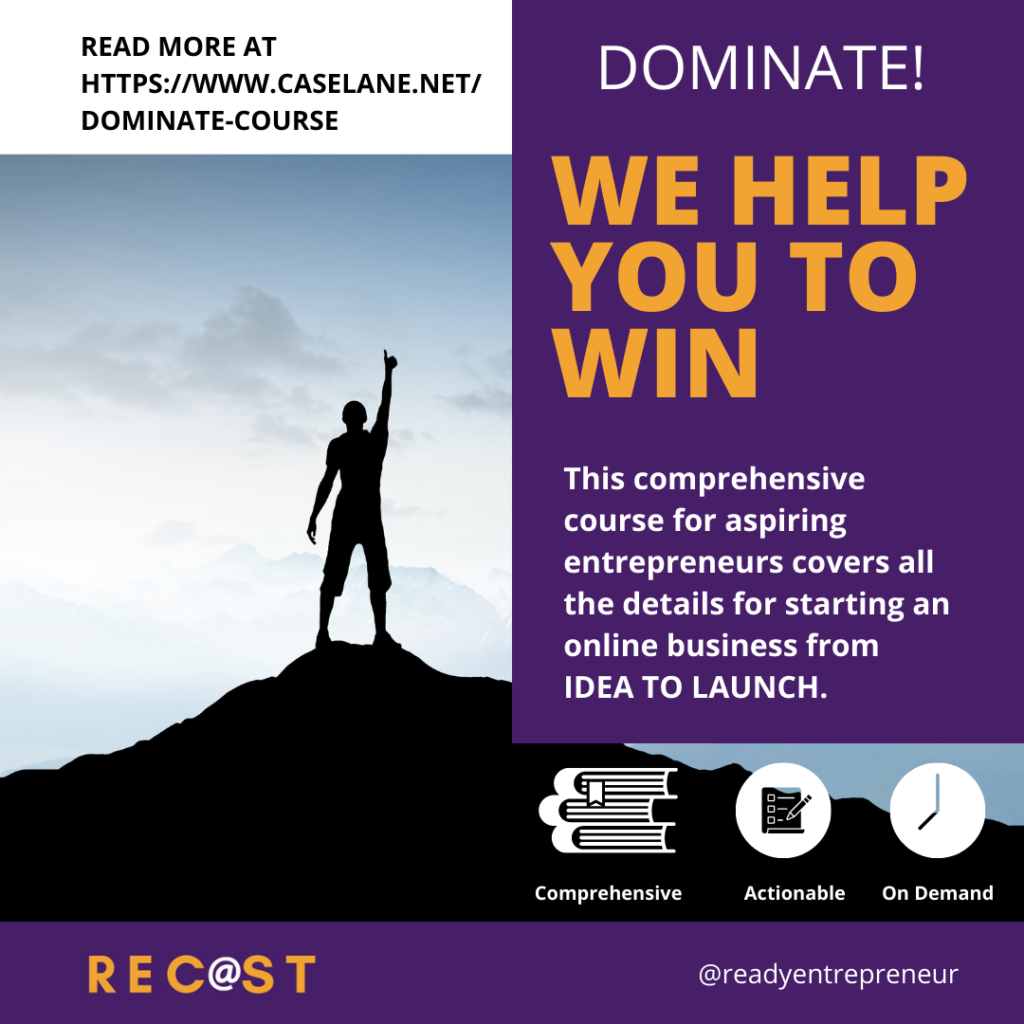See the World like a Global Entrepreneur
Some people call themselves globalists because they believe in trading freely with other countries, and having world-level companies and organizations managing products and services.
And some people call themselves isolationists because they prefer to deal only with those within their borders, and to stay out of other people’s troubles.
But throughout history, for better or for worse, people have been influenced by those who are outside their borders. And in the 21st century, if you’re an entrepreneur, the influence is more often than not, a key factor in running your business.
Whether you’re a Fortune 500 CEO or a sole proprietor who put up your first website yesterday, the entire world is your market, and if you call yourself an entrepreneur, you need to know how to look at everyone.
Your community, audience, customers or client base is the whole world.

This is your neighborhood…Your Market for your product or service
This is a 21st century reality you cannot ignore. And to navigate effectively you need to know how to look at your community, how to recognize your place among everyone as you offer your product or service to the global marketplace.
So what should you do?
See the World as Your Market
The key idea is the entire world is your market. This has happened because technology makes it possible to connect with people across great distances for nominal costs. People now search for universal concepts and ideas. And if you are the one offering what they are looking for, then you win the business.
That means you can look at the world as your neighborhood. When you are reaching out to your customers they are as good as next door. This is not meant to sound kumbya. The idea is to operate with a world view.
EXPLORE WITH READY ENTREPRENEUR TRAVEL
RE Travel is travel information for globally-thinking entrepreneurs who see the entire world as their neighborhood market, and want to travel with the eyes and intention of a global entrepreneur
Maintain Your Unique Brand
This is also not meant to sound politically-correct. You don’t have to genericize your product or service idea, or try and be all things to all people. You just have to recognize you may have a customer base in places you did not originally expect to have them.
So be aware – not stifled by this opportunity. But stay authentic and true to your brand.
That’s not a conflict. Your value to the market lies in your uniqueness, your voice, and original presentation. Your ability to deliver to the market is in your capabilities and effort. So you keep your product unique you while still making it global.
Common problems, Multiple Solutions
Many people face the same challenges and are searching for the same solution. If your business operates in a universal industry like technology, food or fashion, you will be able to reach people who understand the underlying concept because it is the same in different places.
The next thing people will decide is if they like how you deliver it.
In the same way that there are thousands of personal development approaches, there may be thousands of takes on your idea. Individuals will decide which one they like. You may think Tony Robbins is too rah-rah, and you prefer the zen of Eckhart Tolle. Usually you make this decision based on your own personality, not because you live in a particular location.
Of course, sometimes you can associate particular cultures with specific approaches to how things are done. But this may also depend on the product or service you are offering. A culture may be open to one type of product, and closed to another. You will not know until you reach out with yours.
As an entrepreneur you look at the world as the marketplace where you can deliver your product or service. You respect the consumers in every market, but you are really only looking for the ones who are aligned with you.
Don’t be afraid to say ‘no’ to those customers who are critical or want to do things differently. Those are not the people you are looking for in your community, they can go elsewhere to find someone else’s version of your product or service.
You also do not have to be overly aware of holidays, time zones or standard work weeks. We live in a 24/7/365 time-shifting world. Whenever you decide to present your product or service, someone is awake somewhere in the world. And those who miss it the first time can catch the replay.
This is another benefit to operating in our high-tech global environment. There is plenty of scope for you to work when you want to work and still reach those who are looking for you.
So as you look at the world – your neighborhood – think of it as an always on, always open space.
Operate Inside the Walls
I have an analogy I use to explain the difference between self-publishing and traditional publishing, but I think the idea also suits this topic.
Imagine a walled city, like you see in the movies and on TV, you know like Winterfell. Imagine in the center is the public market. Entrepreneurs are there all the time selling products and services, and buyers are there all the time as well.
The idea with traditional publishing is that you the author stand outside the wall and try and talk a sentry into escorting you in. Once you enter with a sentry people will notice you. You still have to deliver a product people are interested in, but you have a little attention already built in.
With self-publishing, you enter through the open door. You walk right into the midst of the marketplace, where everyone is trying to get everyone else’s attention. To get people interested in you, you really have to perform and figure out a way to grab their attention. You are in, right from day one. But you are on your own.
Frankly I prefer to operate from inside the walls, not outside. And you can imagine your place in the global marketplace the same way. You are in once you create your product or service that’s available for sale to the global marketplace. And you stay in as long as you continue to draw attention to your business.
If people like what they see, if you deliver the value they seek, they will notice you and come to you.
That’s what you want to be doing when you are looking at the world as an entrepreneur – you want to be participating.
Developing World Markets and Your Business Strategy
If you are old enough to remember the songs ‘Feed the World’ or ‘Do they know it’s Christmas?’ your image of the country of Ethiopia may be of a long line of starving people holding a bowl as they wait for a spoon of food.If you were paying attention to the news headlines the week of October 22, 2018, you know the country just appointed its first female president, in a country where women hold half the seats in the cabinet.
If you are young enough to have never heard of Ethiopia except during the Summer Olympics, you may need an update. Because Ethiopia today is indicative of the changing global landscape all entrepreneurs should understand and embrace.
Ethiopia is a country in north east Africa, with a land-mass covering most of the Horn of Africa. Wars and disputes made the second most populous country in Africa land-locked, but they are not without water. The ancient civilization is built around the start of the Blue Nile river. Today there are over 100 million people, who live, not in a desperate dusty desert, but in one of the fastest growing economies in the world.
When global charity was galvanized by Irish rocker Bob Geldof to help save the people of Ethiopia from starvation in 1984, the country had fewer than half as many people as it has now. But today, three decades later, agriculture is one industry’s leading the economy’s turnaround. This remarkable achievement should galvanize those who seek to provide aid to the suffering in hope of a better future; and humble those who said failed states should be left to die.
Ethiopia today is being heralded as a country that has made an effort to build infrastructure, stabilize the economy and promote growth. The African nation is one of the many development growth stories that are unknown to the typical North American media consumer, and therefore ignored by the typical rising entrepreneur.
Of course there are still problems. Ethiopia is both one of the fastest growing economies in the world, and one of the most impoverished.
But understanding the transformation in Ethiopia and other developing countries is critical for positioning your business in the expanding global marketplace. Remaining aware of the countries that may provide open markets gives you an opportunity to participate in the growth.
Because if you miss the story of a developing Ethiopia, you miss the opportunity of the broader global marketplace. Every entrepreneur can reach out to the entire world through businesses that solve global problems. In Ethiopia, as in many other countries in the developing world, actual development – the building of infrastructure, creation of jobs, running of schools and hospitals – is taking place at an unprecedented rate. The effects – new highways, skyscrapers, housing, healthier citizens – are visible and reflect a renewed hope in global progress.
Of course there is no denying many countries still face the challenge of poverty, malnutrition, disease, internal instability and civil unrest, but these issues also place a threat to the developed world. The emphasis in the rising economy countries is on moving forward, and working to change the history to reflect a more promising future for its citizens.
For rising global entrepreneurs, it is important to look at Ethiopia and other countries from the perspective of their emerging middle class. For countries moving towards what the World Bank calls ‘middle income’ status, the government targets continued investment and access to credit as the key economic policies to encourage. Once a reliable infrastructure – electricity, water, sanitation, road, communication – has been built out, investors feel more comfortable pouring money into factories, office buildings and resource mines.
For entrepreneurs with smaller businesses, especially those operating online, there is no need to wait for these large scale physical pieces of the structural pie to be constructed. An alert entrepreneur who is looking for opportunity can use Internet resources to find out what people are looking for online.
A quick glance at Twitter #ethiopia #ethiopian includes references to investment like a call for policies for startups to raise capital; as well as notes about products like – hair, food, Ethiopian airlines, jewelry, coffee, music. My disclaimer: this post is focused on business and entrepreneurial issues but I will note the overwhelming number of tweets are about politics, migrants and refugees, and government action against different ethnic groups.
These difficult development issues do dominate the headlines. But if you looked at the opportunities in the United States from the perspective of the twitter feeds, your focus would be on election inquiries, voter suppression, corruption, civil rights protests and opioids. In other words, there is more to the business economy than the news cycle is prepared to discuss.
Many people would not be prepared to do business in Ethiopia because of the country’s history and potential instability. But for rising entrepreneurs who want to stay alert and interested in the global marketplace, consider the needs of the developing world middle class in your plans.
- Acknowledge there is a developing world middle class to whom you could be engaged in business.
- Incorporate broader consumer wants and needs in your business planning. What did you need as someone functioning with a good job, growing family and maybe a new residence to keep up? What are the types of services currently not available to people in rising economies? Pay particular attention to information and entertainment products. These types of products travel well, have universal appeal and can be translated for different markets. If you teach value skills, you may find you have a market in the countries where education is coveted.
- Decide how you will approach new markets. This will not be easy. But when you begin marketing and promoting, for example when you look at blogger sites, see if there are more international sites you can appeal to. Also the global media has sites for news, which can be approached to determine opportunities for promotion, and to provide leads to other influencers in that market. If you want to actively target a particular country – try finding their most popular media sites first.
- Stay connected to your new global market. It would be a shame to take the time to build and cultivate a particular market only to abandon it later because of the extra legwork required to establish a connection in the first place. New markets are here to stay and should have a permanent place in your business plan. Of course keep following blogs at Ready Entrepreneur where we always incorporate global marketplace ideas into our discussion.
One other note, as the developing world becomes developed, there will be no shortage of new businesses arising on streets and online that will be able to market goods and services to the locals. Stay focused on your niche, the particular product area, which could be valuable to any consumer anywhere in the world.
Authenticity is important in business, and trying to imitate locals in their own market rarely works. Instead play to your differences. Locals are often curious about foreigners and foreign products. Use your uniqueness to your advantage.
The growth of Ethiopia’s middle class is an example of how the developing world is moving rapidly towards development. These busy and exciting markets provide plenty of opportunities for business especially rising entrepreneurs who are interested in operating wherever you see a problem that needs to be solved.
Interested in keeping up with the Ready Entrepreneur world? Sign-up below to join the mailing list and receive tips, strategies and information to help you find the confidence, time and money to start your own business.





